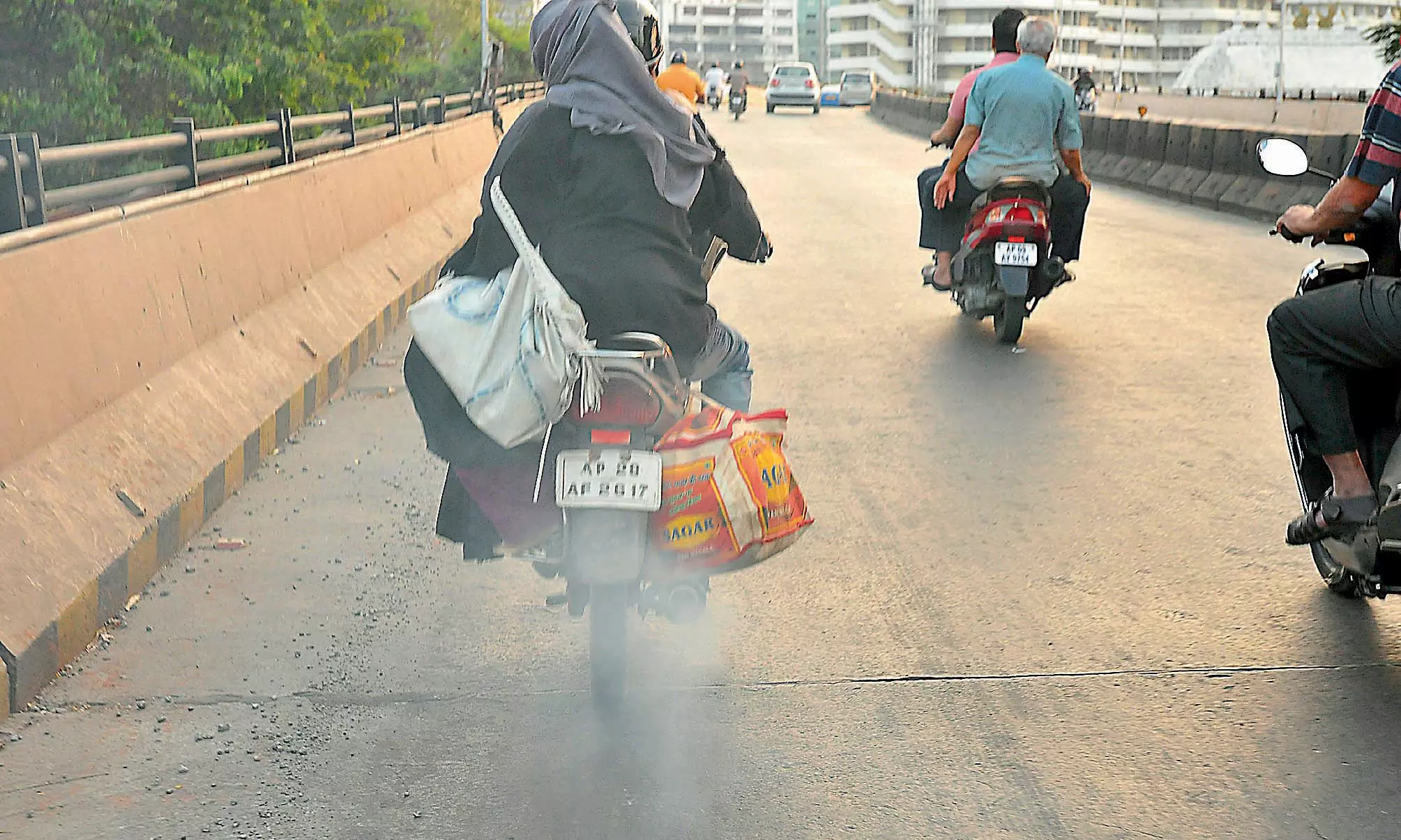Pollution Drops by 50 per cent in Visakhapatnam

Visakhapatnam: The recent spell of continuous rain in Visakhapatnam has provided much-needed relief to the city, dramatically improving air quality and giving inhabitants a much-needed respite from the pollution haze. The coastal city, which has been grappling with rising pollution levels in recent months, is now witnessing a significant improvement in air quality by over 50 per cent.
According to data from the India Meteorological Department (IMD), the Andhra Pradesh region has experienced a surplus of 27 per cent rainfall between June and August 2024. The state received 468.4 mm of rainfall from June 1 to August 31, surpassing the normal level of 369.5 mm. Notably, June and July witnessed excess rainfall of 34 per cent and 14 per cent respectively.
The downpours have led to a remarkable decrease in particulate matter (PM) levels in the city. Before the rain, air quality had been deteriorating, with PM10 levels reaching 126 mg/Nm³ and PM2.5 levels climbing to 43.5 mg/Nm³ by August 27. However, after the rains began on August 28, pollution levels started to fall sharply.
By August 31, PM10 levels had dropped to 31 mg/Nm³, and PM2.5 levels had decreased to 13 mg/Nm³. Although there was a slight increase on September 1, with PM10 at 46 mg/Nm³ and PM2.5 at 18 mg/Nm³, the overall air quality has improved considerably.
Veerendra, a representative for Visakhapatnam’s Pollution Control Board, attributed the significant drop in air pollution to the rains, which triggered a process known as coagulation. He added that the rains have reduced pollution levels by over 50 per cent, a substantial improvement for the city.
Visakhapatnam has been experiencing rising pollution levels in recent months, and the issue was even raised during the current Assembly session.
According to Greenpeace India research, PM2.5 levels in the city were 6-8 times higher than World Health Organization (WHO) norms, while PM10 levels exceeded WHO limits by 6-7 times. In response to these concerns, the Andhra Pradesh Pollution Control Board (APPCB) has implemented strict pollution controls, particularly in Visakhapatnam's industrial regions. Major industries are now required to adhere to stricter pollution standards.
APPCB environmental engineer M. Pramod Kumar Reddy emphasized the city’s proactive approach to pollution control. He highlighted the installation of nine ambient air quality monitoring systems around Visakhapatnam and the city’s participation in the National Clean Air Programme (NCAP).

